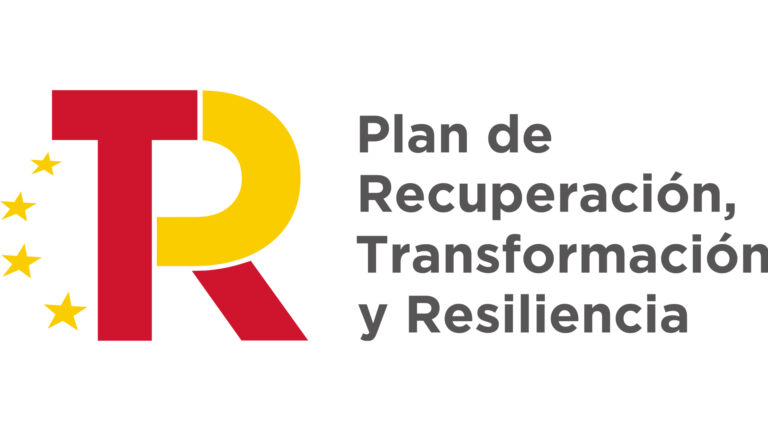One of the most important and passion-filled celebrations in our country is approaching: the Semana Santa (‘Holy Week’). During the eight days of this Christian event (from Palm Sunday, Domingo de Ramos, until Easter Sunday, Domingo de resurrección) the streets are decked out for the huge, spectacular processions. Given the scale of this tradition it is easy to understand that its influence has reached our everyday language, creating expressions related to the Spanish Semana Santa that are used all year round, even outside of the religious context.
Did you know these expressions related to the Spanish Semana Santa?
Ser Judas or ser más falso que Judas: This expression is used to refer to a fake or traitorous person. It references Judas Iscariot, who betrayed Jesus for a few coins. Example: No me creo que me hayas mentido, ¡eres más falso que judas!
Estar hecho un Cristo: As you can guess, this expression alludes to the horrific state in which Jesus died after carrying the cross. It is commonly used to refer to someone or something that is in an appalling state. Ejemplo: ¡Recoge tu habitación ahora mismo, lo has dejado todo hecho un Cristo! or Empezó a llover y llegué a casa hecho un Cristo.
Otro gallo cantaría: This means that if something had been done differently, there would be a different outcome. This time we should mention Jesus’ prediction when he said that his disciple Peter would defy him on three occasions before the rooster sang. Example: Si yo fuera el presidente del país, otro gallo cantaría.
Llorar como una Magdalena: This is perhaps one of the most used expressions related to the Spanish Semana Santa, synonymous with “to cry a lot”. It was inspired by Mary Magdalene who was depicted in the Bible as a woman who cries for her sins. Example: Antonio estaba muy triste, lloraba como una Magdalena.
De Pascuas a Ramos: It refers to the period of time that there is between the end and the beginning of the Semana Santa (almost a year in total). It is used when something happens only every once in a while. Example: Ese restaurante es demasiado caro, venimos de Pascuas a Ramos.
Sufrir un calvario: This expression is used when you are going through a really difficult time. It was in the Calvario (Calvary) where Jesus was crucified. Ejemplo: Nuestro perro desapareció durante una semana, no sabíamos dónde estaba, ¡sufrimos un calvario!
Meter el dedo en la llaga: Bearing in mind that a ‘llaga’ is a wound, the meaning of this expression doesn’t promise anything good. It is used when someone talks about a topic that has caused some trauma or pain to a third person. When Jesus rose from the dead, Saint Thomas the Apostle didn’t believe it and to believe it he had to touch the wounds that the nails had caused in Jesus’ hands. Ejemplo: Deja de hablar de ese tema, no metas más el dedo en la llaga.
¡Qué cruz! or ser una cruz: There is no doubt that it was torturous for Jesus to carry the weight of the cross on his shoulders. For this reason, this expression is used when we want to refer to something or someone that is a burden in our lives. Example: ¡Qué cruz tener que ir todos los días al trabajo!
Poner la cruz a alguien: Continuing with the reference from the previous expression, this is used when we “condemn” someone, that is to say, when we are no longer going to rely on them. Example: Después de todo lo malo que dijo sobre ella, le ha puesto la cruz para siempre.
Lavarse las manos: This expression is used when we want to get rid of all responsibility in an issue where there are possible negative consequences. Its link with religion is born of the decision of Pontius Pilate to give people the power to decide whether Jesus deserved to be crucified or not. For that, Pontius Pilate washed his hands in front of everyone to give the meaning to this expression. Example: Me parece una decisión muy arriesgada, yo me lavo las manos.
Estar más contento que unas Pascuas: And we finish with this series of expressions related to the Spanish Semana Santa with this cheerful one. Easter celebrates the resurrection of Jesus and therefore it is synonymous with joy. Example: Laura aprende mucho español en Entrelenguas, ¡está más contenta que unas Pascuas!
All of these expressions are frequently used in peninsular Spanish so we strongly encourage you to put them into practice! And if you like idiomatic expressions in Spanish, don’t miss this other article about expressions about couples and Valentine’s Day!

Manuel Fernández
Student Teacher at Entrelenguas
Translated into English by Sophie Gordon





